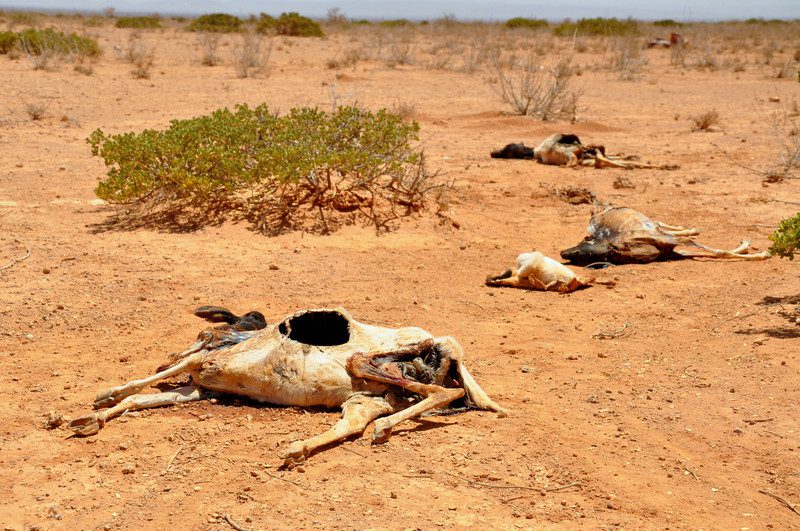World food crisis
Food prices have risen 83% since 2005, and the world’s poorest people are struggling to cope. In East Africa, millions are in urgent need of emergency food supplies. Poverty and the devastating impacts of climate change are only making the situation worse.
Poverty makes people vulnerable and limits their choices. If crops fail, subsistence farmers have few or no alternative means to provide food for their families. Natural disasters can overwhelm a poor household, destroying its ability to cope.
Rising food prices
In February 2011, The Food and Agricultural Organisation (FAO) announced that world food prices had reached a new historic peak – surpassing levels seen during the global food price crisis of 2007/08, when the number of hungry people rose from 850 million to nearly 1 billion.
Food riots
Food riots are happening across the world, and the spectre of widespread hunger exists in Ethiopia, Somalia, and northern Kenya, with worsening problems elsewhere. Women in developing countries are particularly vulnerable, as they are responsible for 80% of agricultural production, and almost entirely responsible for providing their families with food. As families cut back on meals, it is women who deprive themselves to ensure that men and children are fed first.
Why is this happening?
The causes of the food crisis are complex and interlocking, but biofuel policies, high fuel prices, growing global demand (particularly from the large, emerging economies of China and India), unfair world trade rules, and climate change are all playing a part.
Biofuels
The global push for biofuel crops, which then take food crops out of production, is playing a big role in raising prices. On top of this, high oil prices have led to increases in the cost of fertilisers and other farm expenses, which in turn impact heavily on food.
Global supply and demand
Growing to meet global demand for products like meat and grain, and a corresponding lack of supply, has made this situation worse. Years of under-investment in agriculture in poorer countries, and unfair trade rules and farming policies which benefit rich countries, are also having a huge impact.
Climate change
Increasingly unpredictable weather patterns are affecting poor farmers’ crops. Smaller harvests are leaving farmers unable to feed their families as well as affecting their ability to earn an income and make a living. Elsewhere this has affected the large-scale production of crops such as wheat from Australia.
